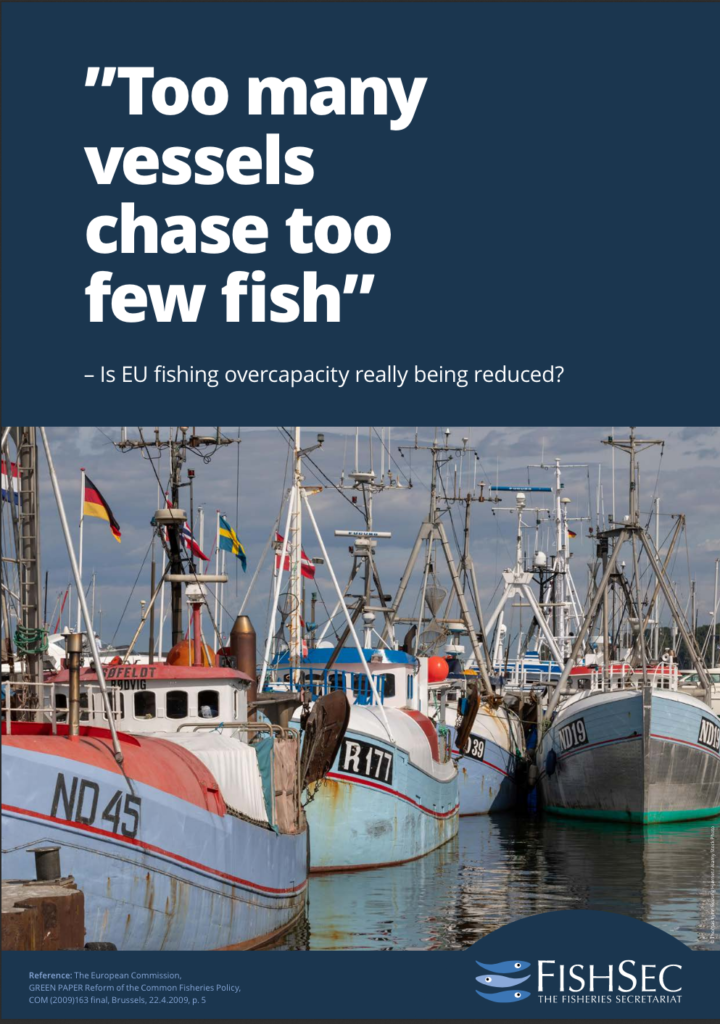Too many vessels chase too few fish – report on overcapacity in the EU

A new report from the Fisheries Secretariat shows that EU rules regarding fishing capacity are not being followed in the Baltic region. Member States have fudged their figures, obscuring which fleet segments and vessels fish on which stocks and the European Commission has not revised its guidelines in order to ensure clarity, as recommended by its own advisory committee.
There is clear evidence that overcapacity has been used to influence quota negotiations at the EU Council, however, despite EU subsidy funding being based on there being no overcapacity the Commission has not taken action to follow through.
Article 22 of the EU Common Fisheries Policy requires Member States to adjust the fishing capacity of its fleet to the available fishing opportunities.
Overcapacity should be identified and addressed, in order to achieve a better balance with the harvested stocks, avoid overfishing, reduce incentives for discarding and other illegal practices, and avoid the socioeconomic problems caused by too many vessels competing over limited quotas. However, the system put in place to address overcapacity in 2013 fails at just about every step, according to the report.
You can read our news story on the report here
We have also produced national summaries for Denmark, Germany and Poland.
Published on December 4, 2018